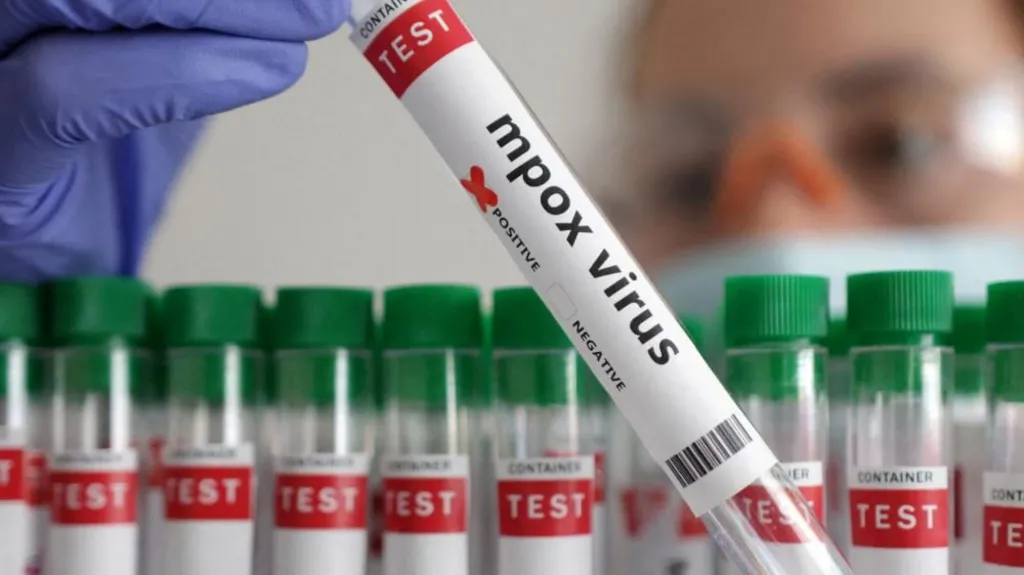WHO Approves Rapid Diagnostic Test for Mpox
2 min read
More than 30,000 suspected mpox cases have been reported across Africa this year - but less than half have been confirmed through a test

More than 30,000 suspected mpox cases have been reported across Africa this year - but less than half have been confirmed through a test
The World Health Organization (WHO) has officially approved the first diagnostic test for mpox, enabling immediate results that could play a crucial role in curbing the rising global cases of this serious virus. The newly developed PCR test detects mpox DNA from skin lesion swabs, offering a more efficient alternative to current testing methods.
Traditionally, testing requires samples to be sent to a laboratory, which can result in delays of several days before patients and healthcare providers receive results. This slow process has posed significant challenges in Africa, where limited testing capacity has contributed to the ongoing spread of mpox, previously known as monkeypox. According to WHO data, of over 30,000 suspected cases reported in Africa this year, only about 40% have been confirmed through testing.
Yukiko Nakatani, WHO’s assistant director-general, hailed the new test as “a significant milestone.” She emphasized the importance of increasing access to quality medical products in efforts to contain the virus and protect vulnerable populations, particularly in underserved regions.
This development comes as the Democratic Republic of the Congo (DRC), which has reported the highest number of mpox cases, prepares to launch a vaccination program. The DRC has faced a dire situation, with at least 635 deaths attributed to mpox this year alone.
Mpox is a highly contagious disease, and the WHO declared the outbreak a global public health emergency for the second time in two years in August, in light of rising cases in the DRC and its spread to neighboring countries like Burundi, Uganda, and Rwanda.
While some Western nations have donated mpox vaccines to assist in combating the outbreak in Africa, reports indicate that more supplies are urgently required. Rwanda, the first African nation to administer mpox vaccines last month, is expected to receive an additional 5,000 doses shortly, as confirmed by the Africa Centres for Disease Control and Prevention (Africa CDC).
In Nigeria, a vaccination initiative is set to begin next Tuesday, prioritizing frontline healthcare workers and close contacts of infected individuals. The DRC will also focus its vaccination efforts on these high-risk groups, bolstered by a donation of 200,000 vaccine doses from the European Commission.
As the mpox outbreak continues to evolve, the availability of rapid diagnostic testing combined with vaccination efforts could be pivotal in managing and mitigating the virus’s spread. The WHO’s endorsement of this test represents a significant step forward in global health, especially in regions heavily affected by mpox. By enhancing testing capabilities and accelerating vaccination efforts, health authorities hope to protect vulnerable populations and ultimately bring the outbreak under control.